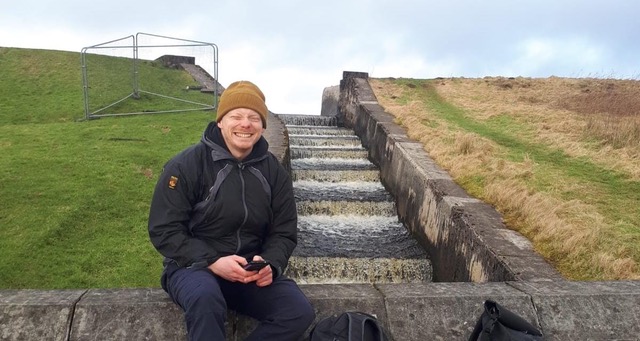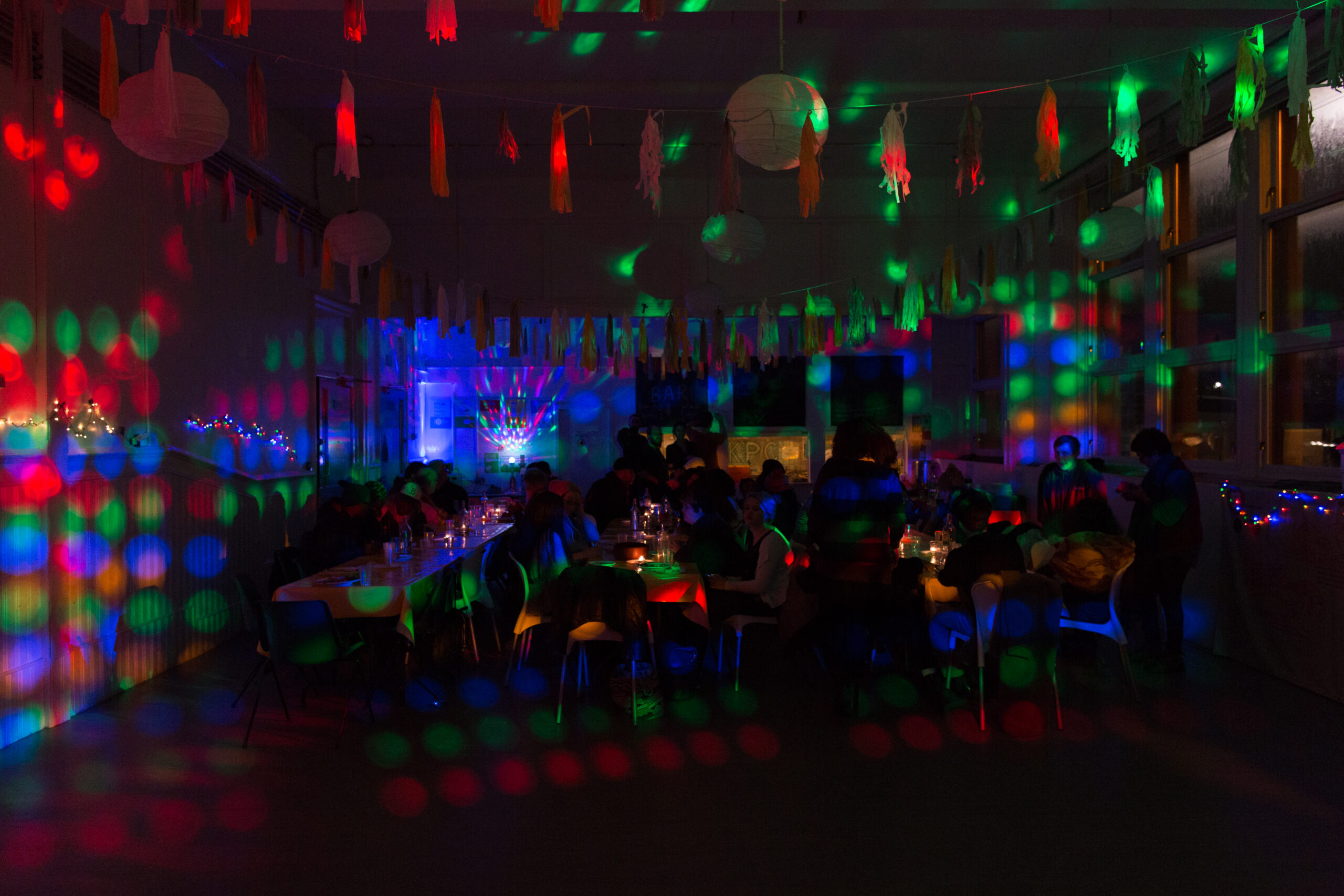Four Endings to Begin
Four Endings to Begin
We begin the episode with four perspectives from people based in Glasgow that have been involved in different anti-capitalist and anti-racist struggles, considering how ideas of ‘ending’ have shaped their political thinking and praxis.
Here, notions of ‘movement lifecycles’ and ‘activist burnout’ both imply certain peaks and troughs of activity and capacity, but often fail to answer the question of what an ‘end’ (to a campaign, to a system being challenged) might look like. Wider teleological assumptions – from millennialist notions of planetary collapse to latent beliefs in persistent ‘progress’ or even an inevitable evolutionary shift beyond capitalism – are threaded through activist strategies in contradictory ways. Such perspectives obscure the ongoing genocides and ‘world endings’ of colonialism past and present, limiting our capacities for collective action and imagination.
What would it mean to try to find new ways of approaching the telos of anti-capitalist struggle? How might we nurture what Hannah Proctor calls ‘patient urgency’ in the face of personal and political breakdown? When do we need to let certain campaigns or strategies end, and how do we do this in ways that let new ones emerge? How are ‘means’ and ‘ends’ demarcated in revolutionary movements today, and what are the limits of such a binary? Can we start from an end?
ReadBio
Masa Nazzal is a researcher, artist, and activist whose work is based around border violence along the EU’s Balkan borders against people in transit. She has spent the last 4 months in Bosnia and Croatia with the group, No Name Kitchen, researching and recording testimonies of personal accounts of violence committed by the EU for a sonic ethnography project. Masa uses creative mediums, such as writing, sound, and embroidery to explore the affective ways state violence and borders rupture and redefine how people inhabit the world. Her work focuses on the transformative power of listening as a bridge towards solidarity, action, and change.
River MacAskill is a writer, bodyworker and organiser from the north of Scotland based in Glasgow. They are a member of Glasgow Prisoner Solidarity.
Gracie Mae Bradley is a thinker, writer and campaigner concerned with what it means for people to live flourishing lives. She is the co-author of Against Borders (Verso 2022), and her short story Peacetime appears in Salvage Magazine issue 13. Gracie has worked between established institutions and grassroots endeavours over the years, including as part of Against Borders for Children, Kill the Bill, and Black Abolitionist Futures. www.graciemaebradley.com
Hannah Proctor works at the University of Strathclyde in Glasgow and is the author of Burnout: The Emotional Experience of Political Defeat (Verso, 2024). She is a committee member of Red Sunday School.
Joel White is based in Glasgow and has been involved with several groups in Scotland that organise around No Borders, prison abolition and anti-racism, including No Evictions Network, The Unity Centre and Activist Research Glasgow.
Access
Live Captions
Live Stream
See general Access information for Episode 11: To End the World As We Know It event
Artists
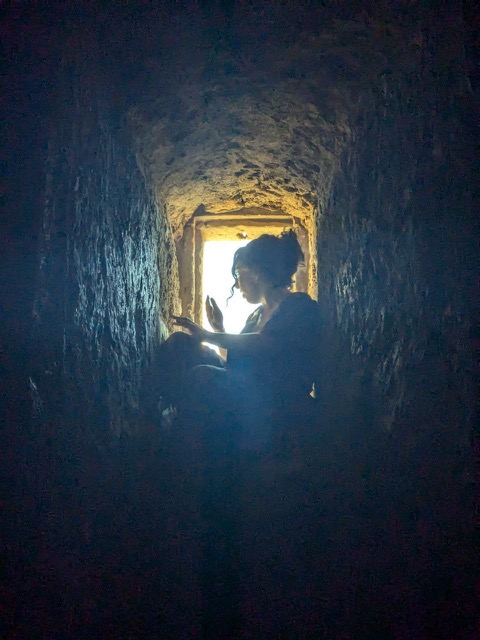
Masa Nazzal
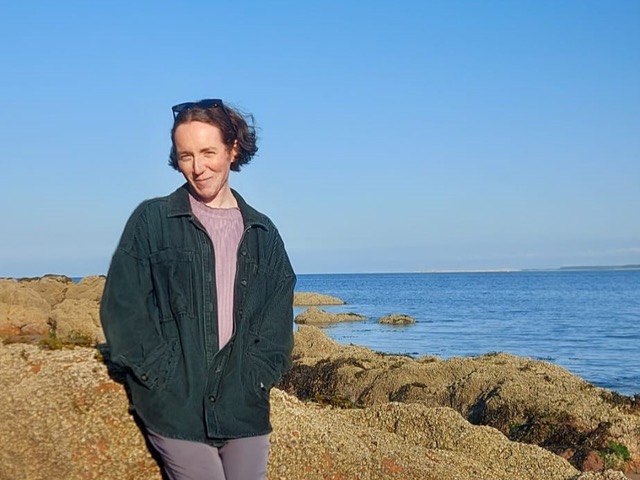
River MacAskill
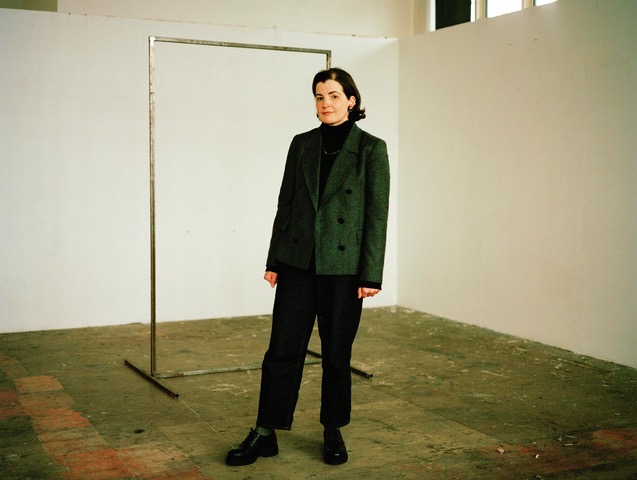
Hannah Proctor

Gracie Mae Bradley
